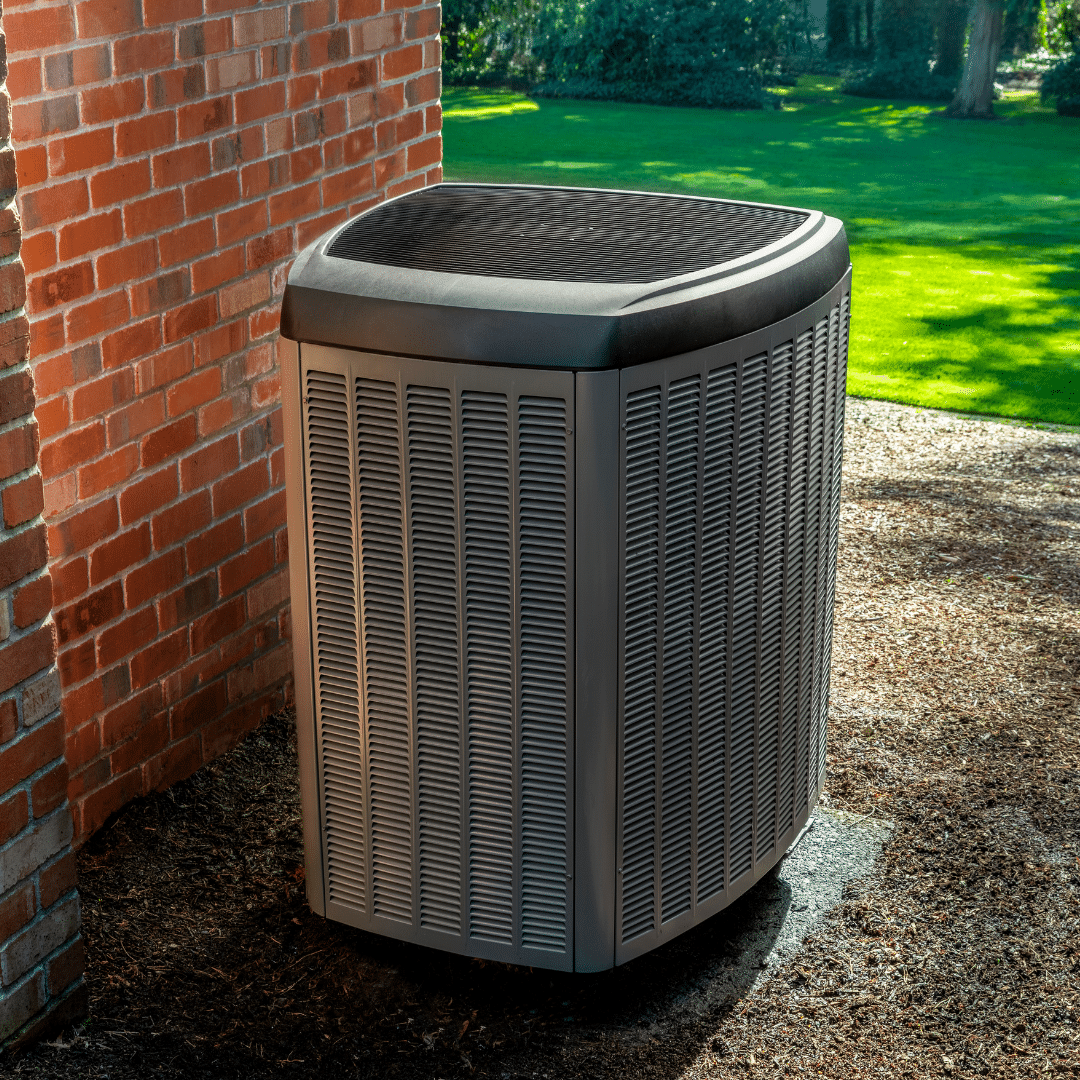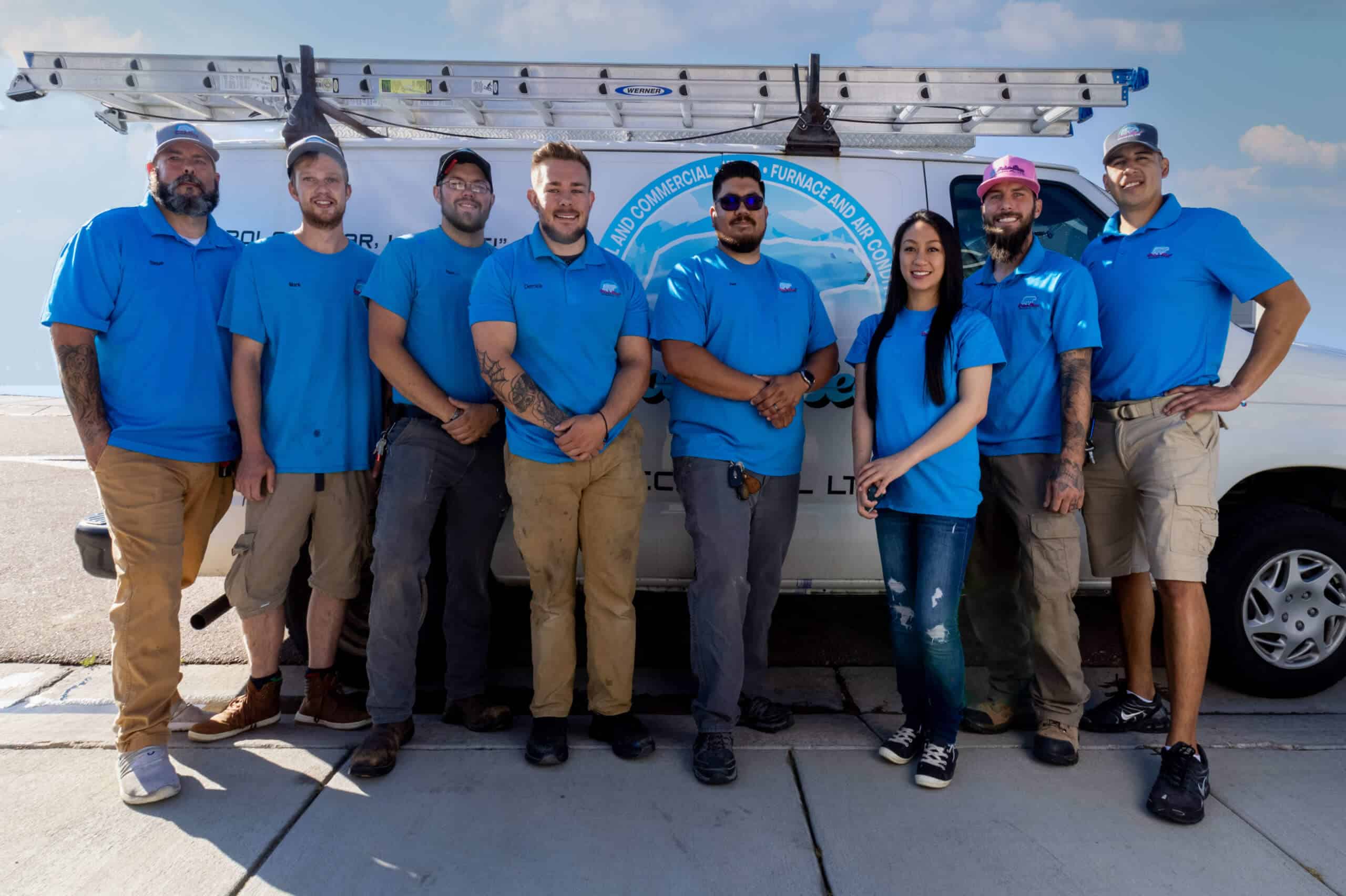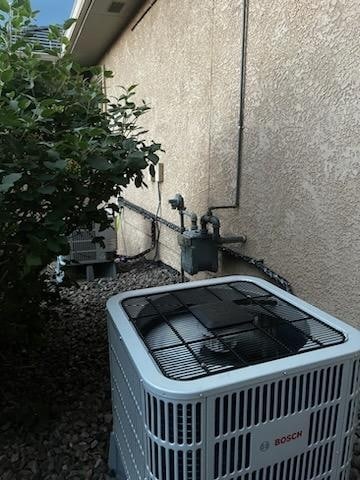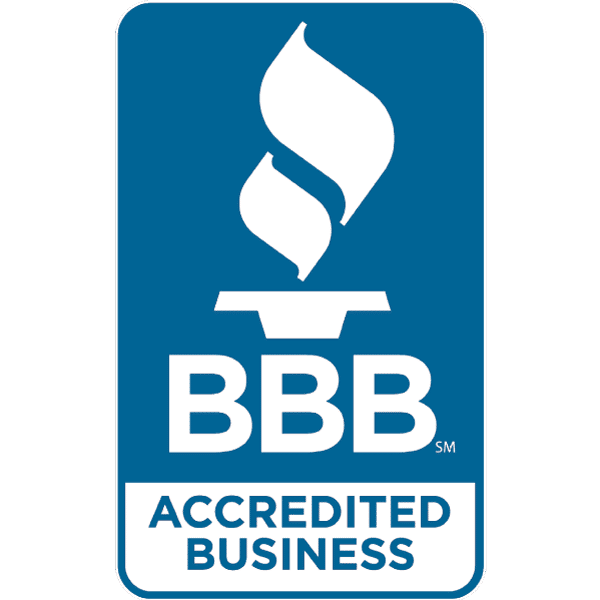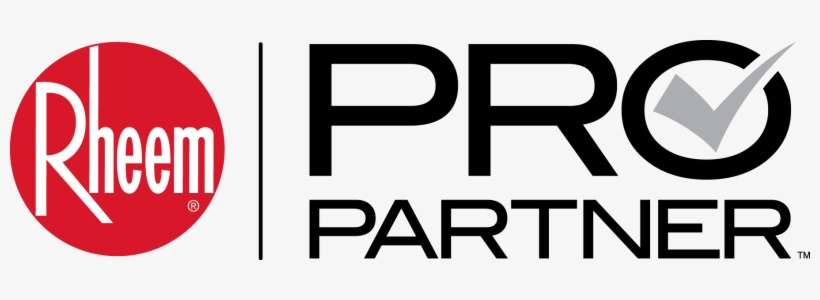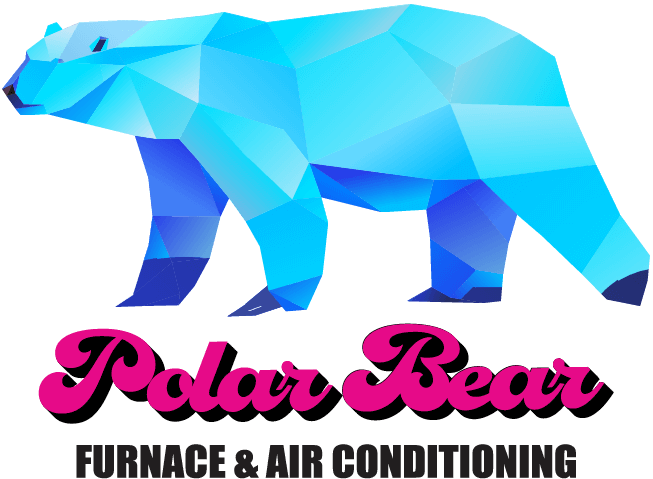As the demand for energy-efficient and cost-effective HVAC solutions continues to rise, homeowners are seeking innovative alternatives to traditional heating and cooling systems. One such technology that has gained significant attention is the heat pump, which is also an Air COnditioningunit. Polar Bear Furnace and AC believes heat pumps will eventually completely phase out residential gas-fired furnaces! There are already laws passed that are forcing electrification across the industry! Many areas are already required to use all-electric heating options in new construction!
A heat pump AC unit can replace both your furnace and air conditioner, but not without the proper steps and adding an air handler in the place of the furnace. Heat pump technology allows these units to provide both heating and cooling functionalities, making them versatile and energy-efficient solutions for residential and commercial spaces. By extracting heat from the air outside during colder months and transferring it indoors, heat pumps can effectively warm your home. However, in Colorado Springs, our winters can get pretty cold and we need to have a backup heat source to help on the coldest days of the year. At Polar Bear Furnace and AC, they prefer to keep the furnace that way the home has the gas-fired furnace as a backup and to do the heavy lifting on the coldest days of the year. In the summer, Heat Pump Air Conditioners reverse the process, removing heat from indoors and releasing it outside to provide cooling. This all-in-one system offers convenience, reduced energy consumption, and significant cost savings compared to other electric heating options.
Table of Contents
Do Heat Pumps Actually Work in Cold Weather Climates?
Modern heat pump technology has overcome the challenges of operating efficiently in cold weather climates like Colorado Springs. Variable-speed compressors and defrost cycles are key advancements that enable heat pumps to provide effective heating in freezing temperatures.
While the heating capacity of heat pumps decreases as temperatures drop, they can still extract heat from the outdoor air and warm indoor spaces. In extreme cold, longer heating cycles or supplemental heat may be required.
To address extreme cold limitations, homeowners often retain a gas-fired furnace as a backup heat source alongside a heat pump AC unit. This ensures reliable heating during the coldest days when the heat pump’s efficiency may be reduced.
In Colorado Springs, where winters can be harsh, combining a gas-fired furnace with a heat pump AC unit is a practical approach to maintaining comfort in extreme weather. For 100% electric options, electric heat strips are added to the air handler and backup the heat pump the same way a gas furnace would.
Advantages of Having a Furnace with a Heat Pump Air Conditioning
Having a furnace alongside a heat pump air conditioning (AC) unit offers several advantages for homeowners. Let’s delve into the advantages in more detail:
- Efficient Heating and Cooling: A heat pump AC unit provides both heating and cooling functionalities, eliminating the need for separate systems. This integrated approach ensures efficient operation throughout the year and reduces energy consumption.
- Cost Savings: By replacing your traditional furnace and air conditioner with a heat pump, you can potentially lower your energy bills. Heat pumps are known for their high energy efficiency, which translates into cost savings over time. Additionally, government and utility incentives are often available to encourage the adoption of energy-efficient technologies. There is currently a $2,000 tax credit available from the government, a $1,000 rebate available from Colorado Springs Utilities, and a $2,400 rebate available from Mountain View Electric!
- Versatility and Comfort: Modern heat pump AC units are designed to run longer and provide an even smooth heating or cooling cycle. They will ramp up or down to maintain the temperature setting perfectly no matter what the weather is doing! It’s like putting your car on cruise control and getting great miles per gallon as you cruise along the highway maintaining the perfect speed. . Heat pumps also have longer life expectancy than standard Air Conditioning equipment, as they run longer eliminating the number of startups which is where the majority of wear and tear happens on the system. Modulating heat pumps, like Polar Bear installs, also startup on the lowest setting and gradually ramp up which also reduces the wear and tear on the system and saves energy!
- Environmental Benefits: Heat pumps contribute to a greener and more sustainable future. By relying on the heat transfer process instead of burning fossil fuels, heat pumps produce lower greenhouse gas emissions compared to traditional heating systems. When compared to other electric heating options, they use a fraction of the energy to do the same amount of work and reduce emissions.
It’s important to consider the specific needs and climate of your area when evaluating the advantages of having a furnace with a heat pump AC unit. Consulting with HVAC professionals can help you determine the most suitable heating and cooling solution for your home while maximizing the advantages of a furnace and a heat pump AC unit.
Can You Get Rid of Your Furnace and Natural Gas and Rely Solely on the Heat Pump?
While heat pumps are efficient and capable of providing warmth in colder climates, relying solely on a heat pump for heating may not be the best approach for every homeowner. In areas with colder climates, such as Colorado Springs, it is recommended to keep the gas-fired furnace as a backup heat source. This ensures reliable heating during the coldest days when the heat pump might struggle to extract sufficient heat from the cold outdoor air. By maintaining the furnace, you have the peace of mind of knowing that you have a reliable backup heat source when needed.
Additionally, the furnace can provide the necessary heating capacity during severe cold snaps, ensuring optimal comfort in your home. While the heat pump can serve as the primary heating source for the majority of the heating season, having a backup heat source like a furnace is a practical approach in colder climates. If the goal is to completely get rid of gas, and go 100% electric, the system will have to be engineered since we are completely changing the heat source for the home and we will need to make sure the new system will be able to meet the overall heating requirements of the home. In either case, when switching to a heat pump system, it is important to choose a contractor that specializes in these types of systems.
What Utility and Government Incentives Are Available?
Utility and government incentives play a significant role in promoting the adoption of energy-efficient HVAC technologies like heat pump AC units. These incentives aim to reduce the financial burden on homeowners and encourage the transition to more sustainable heating and cooling solutions. Here are some common incentives that homeowners may find:
- Rebates: Many utility companies offer rebates to homeowners who install energy-efficient heat pump AC units or upgrade their HVAC systems. These rebates typically provide a partial refund on the purchase and installation costs. The amount of the rebate can vary depending on factors such as the efficiency of the equipment and the location. In Colorado, there is Colorado Springs Utilities (CSU) that offers rebates for energy-efficient upgrades, including HVAC systems. Polar Bear Furnace and AC helps CSU customers receive a $1,000 rebate and Mountain View Electric Customers receive a $2,400 rebate!
- Tax Credits: Governments at the federal, state, or local levels often provide tax credits for energy-efficient home improvements, including HVAC upgrades. These credits can offset a portion of the cost when filing your taxes. It’s important to check with the relevant tax authorities or consult a tax professional to determine the eligibility and specific details of available tax credits. Polar Bear Furnace and AC help their customers receive up to a $2,000 tax credit for their heat pump AC installations.
- Financing Options: Some utility companies or government programs offer low-interest or interest-free financing options to help homeowners finance the installation of energy-efficient HVAC systems. These financing options can make the upfront costs more manageable by spreading them out over a longer period.
- Energy Efficiency Programs: Utility companies may have energy efficiency programs that provide additional support and incentives for adopting energy-saving technologies. These programs may include energy audits, educational resources, and customized recommendations to optimize energy efficiency in your home.
To take advantage of utility and government incentives, it’s essential to research and stay informed about the offerings in your area. Local utility providers, government websites, or energy efficiency organizations like Polar Bear Furnace and AC can provide detailed information on available incentives and eligibility requirements.
Potential Challenges and Limitations with a Heat Pump v. Furnace and Air Conditioner
While heat pump AC units offer numerous benefits, it’s essential to be aware of their potential challenges and limitations.
First, its initial cost. Heat pump systems typically have a higher upfront cost compared to traditional HVAC systems. However, the long-term energy savings and incentives can offset this initial investment.
Next are the installation requirements. Transitioning from a furnace and air conditioner setup to a heat pump AC unit may require additional installation steps, such as adding an air handler and modifying the existing ductwork. It’s crucial to consult with HVAC professionals to ensure a proper and efficient installation.
Lastly, regular maintenance. Just like all heating and cooling equipment, heat pumps require regular maintenance to ensure optimal performance and longevity. This includes cleaning or replacing filters, inspecting and cleaning coils, and scheduling professional tune-ups. Proper maintenance will help maximize the efficiency and lifespan of your heat pump system.
Do heat pump AC units require additional maintenance compared to traditional furnaces and air conditioners?
Heat pump AC units generally require the same level of maintenance as traditional furnaces and air conditioners. Regular maintenance tasks such as cleaning or replacing filters, inspecting the system for debris, and scheduling professional tune-ups are necessary to ensure optimal performance and longevity. By following recommended maintenance practices, homeowners can keep their heat pump AC units running efficiently and dependably. Polar Bear Furnace and AC has VIP maintenance plans to help ensure your heat pump is in tip-top shape every year, and it comes with some amazing benefits like 10% discounts, annual tune-ups, priority scheduling, free diagnostics, and the peace of mind that your unit is not going to break down when you need it most.
Ready to upgrade your HVAC system? Explore the benefits of heat pump AC units and make an informed decision for your home’s comfort and energy efficiency. Contact Polar Bear’s experienced HVAC professionals today for a free in-home consultation and savings evaluation. Start enjoying the cost savings and year-round comfort of a heat pump AC unit. At Polar Bear, We Care.

